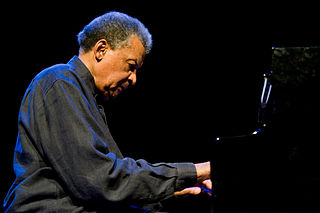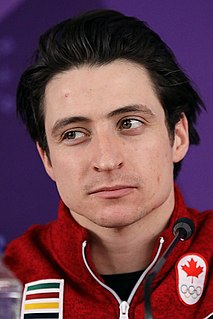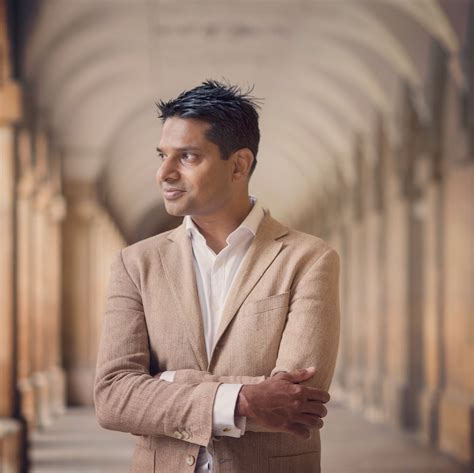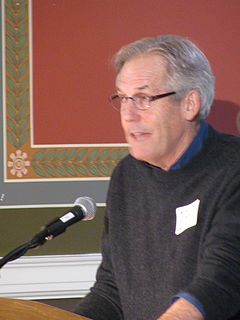A Quote by Hilary Kornblith
Bealer has a number of reasons for thinking that a naturalistic epistemology is self-undermining. Let me focus on one of these. (I've tried to take on all of them in the first chapter of Knowledge and Its Place in Nature.)
Related Quotes
Bealer argues that the kind of naturalistic view which Quine holds will rob him of the ability to make the normative claims which (many) naturalists wish to make in epistemology. I don't think this is right about Quine, but I'm certain it's not right about my own view. To the extent that I can show that talk of knowledge is firmly rooted within empirical theories where it plays an important explanatory role, I thereby demonstrate its naturalistic credentials.
First, my people must be taught the knowledge of self. Then and only then will they be able to under-stand others and that which surrounds them. Anyone who does not have a knowledge of self is considered a victim of either amnesia or unconsciousness and is not very competent. The lack of knowledge of self is a prevailing condition among my people here in America. Gaining the knowledge of self makes us unite into a great unity. Knowledge of self makes you take on the great virtue of learning.
The true bounds and limitations, whereby human knowledge is confined and circumscribed,... are three: the first, that we do not so place our felicity in knowledge, as we forget our mortality: the second, that we make application of our knowledge, to give ourselves repose and contentment, and not distates or repining: the third, that we do not presume by the contemplation of Nature to attain to the mysteries of God.
All those formal systems, in mathematics and physics and the philosophy of science, which claim to give foundations for certain truth are surely mistaken. I am tempted to say that we do not look for truth, but for knowledge. But I dislike this form of words, for two reasons. First of all, we do look for truth, however we define it, it is what we find that is knowledge. And second, what we fail to find is not truth, but certainty; the nature of truth is exactly the knowledge that we do find.
If one does not make human knowledge wholly dependent upon the original self-knowledge and consequent revelation of God to man, then man will have to seek knowledge within himself as the final reference point. Then he will have to seek an exhaustive understanding of reality. He will have to hold that if he cannot attain to such an exhaustive understanding of reality he has no true knowledge of anything at all. Either man must then know everything or he knows nothing. This is the dilemma that confronts every form of non-Christian epistemology
Self-deception is a defining part of our human nature. By recognizing its various forms in ourselves and reflecting upon them, we may be able to disarm them and even, in some cases, to employ and enjoy them. This self-knowledge opens up a whole new world before us, rich in beauty and subtlety, and frees us not only to take the best out of it, but also to give it back the best of ourselves, and, in so doing, to fulfil our potential as human beings. I don't really think it's a choice.
Paul Otremba’s remarkable first book, The Currency, is an intriguing foray into lyric epistemology that tries to come to ter ms with the implacable, paradox-ridden nature of knowledge and experience. These are deeply felt, deeply meditated poems guided by a sensibility highly attenuated to the physical world. In their openness to friendship and love and in their fearless directness, they remind me of the work of Larry Levis and Jon Anderson. Like Levis and Anderson, Otremba promises to be an influential and important voice for his generation.
I learned that I was able to focus. I've always thought of myself as somebody who is like either it's there or it isn't there. I really worked at this, and I focused, and I was able to replace self-doubt with focus. That was something new for me to say self-doubt is there, but it does not need to be in the front row. You can ask it to take a back seat and replace that front row seat with focus.































